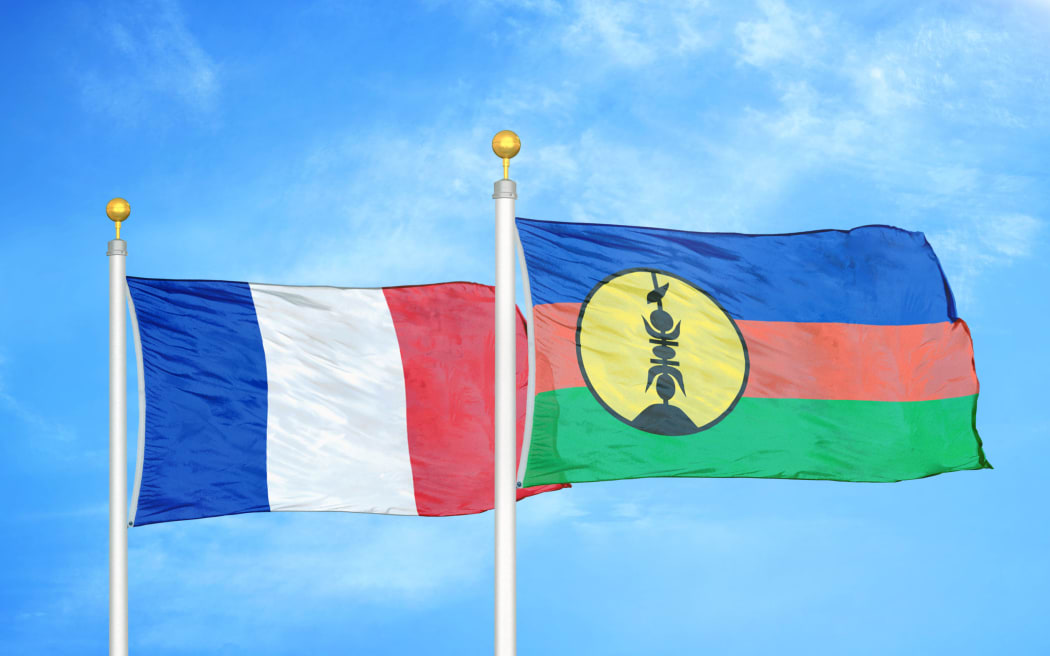
Photo: 123rf
The draft Constitutional amendment has begun its legislative journey with a first step in the French Senate, where the proposed text is now scheduled to be debated in the Upper House on 26 February.
The Senate would then put the text to the vote on 2 April.
No date has yet been announced for the same process in the Lower House, the National Assembly.
Last week, in a preliminary oral presentation to the Senate's Law Commission, French Home Affairs and Overseas Minister Gérald Darmanin justified the need to postpone New Caledonia's provincial election date.
The election was originally scheduled to take place in May this year, but has now been postponed to 15 December at the latest.
The Constitutional amendment would "unfreeze" New Caledonia's list of eligible voters but still restrain that list to citizens who have been living in New Caledonia for an uninterrupted ten years.
Darmanin told the French Senate this week that this amendment would put an end to the "frozen" list which, as prescribed by the Nouméa Accord on a temporary basis, was only allowing citizens to vote in New Caledonia only if they had been residing there before 1998.
Darmanin said an estimated 25,000 voters would thus be allowed to join the revised electoral roll for provincial elections, including "Kanaks and non-Kanaks who were born there, but have not yet been allowed to vote under the current 'frozen' system".
"Today, there are (New) Caledonians who were born there from (New) Caledonian parents and still cannot vote", he told the Senate commission, justifying this amendment by the need to "restore a minimum of democratic life" to New Caledonia, "an acceptable compromise" between pro-independence and anti-independence parties, he said.
Self-destruction clause
The French Constitutional endeavour could however be perceived as twisted as even in the case that this Constitutional amendment is eventually voted, it has been designed and formulated to only validly come into force if no political agreement on New Caledonia is found before 1 July this year.
If a political agreement is reached before 1 July, then the proposed amendment, in its present form, would automatically become null and void.
This, the French government said, was consistent with "a will to promote conclusive and inclusive talks between all local parties (pro-France and pro-independence)".
The Constitutional amendment, after being tabled before the Senate and the National Assembly, also has to pass the vote before the French Congress in Versailles (a joint sitting of both Houses) by a majority of three fifths.




